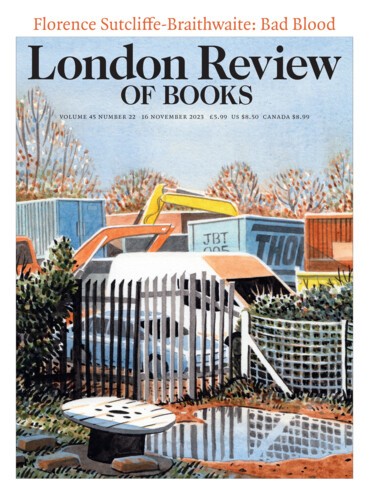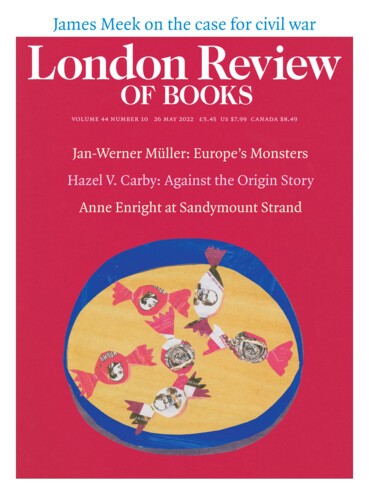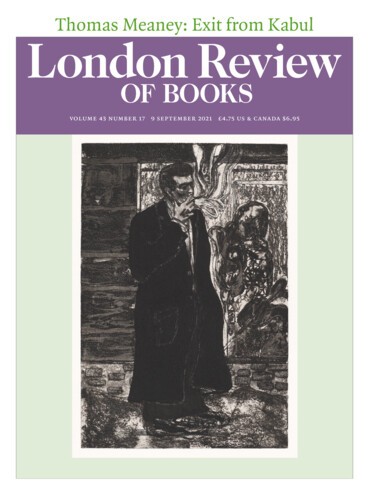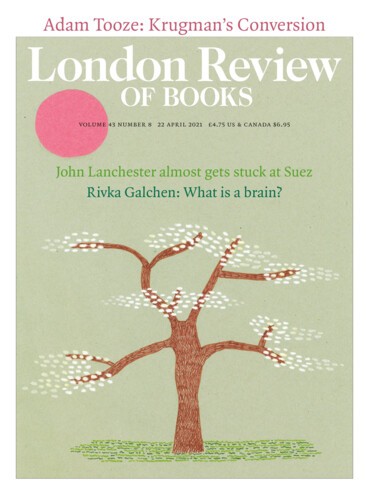Poland after PiS
Jan-Werner Müller, 16 November 2023
Aliberal miracle on the Vistula: on 15 October, despite efforts by the reigning right-wing populists to make it an unfair contest, a motley opposition alliance ranging from left to centre-right prevailed in Poland’s parliamentary elections. Turnout was a record 74 per cent – higher than in the vote that ended communist rule in 1989. In a typical populist manoeuvre, Jarosław...





